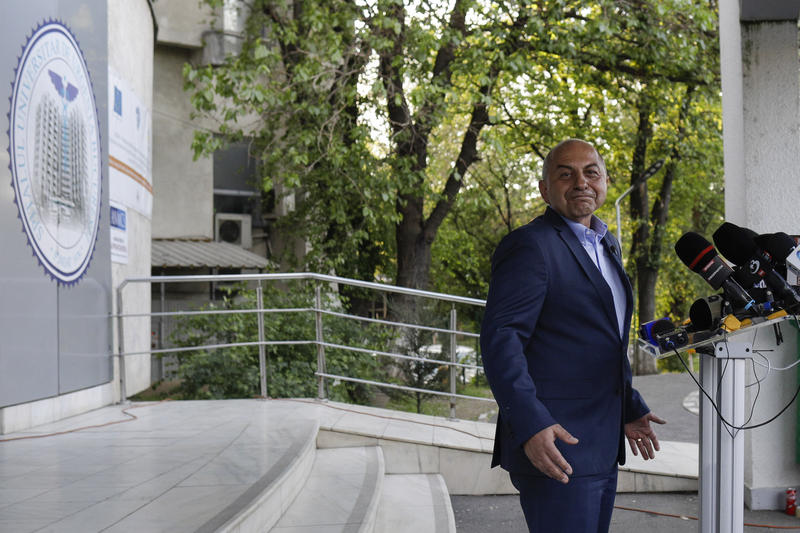Some 18 million Romanians are invited to cast their vote on Sunday in the first European Parliament elections taking place in the country after Romania joined the EU in January 1. The EP poll takes place simultaneously with a referendum called by President Traian Basescu on the introduction of a radical uninominal voting system in Romania.
The latest opinion polls show the main political backers of President Basescu, the Democrats (PD), in lead in the EP elections expecting to win some 35 percent of the votes, more than double compared to the governing Liberals (PNL), whom their were allied with until a major political break this spring.
But question marks remained this weekend whether Basescu would be able to draw enough people to vote in the referendum, which he says is key for a major reform of the political class in Romania. The stake in the referendum is Basescu's own version of an uninominal voting system that is seen as considerably more radical than another version, for which the government has already assumed responsibility.
The European Parliament vote is seen as a major test for most political parties prior to the general elections planned for 2008.
As far as the referendum goes, if the 50 percent attendance needed for the referendum to be validated is reached or not, the President is expected to have a say on the government-supported uninominal voting bill or for other versions of such legislation.
Voting also takes place in major Romanian communities abroad, especially in Spain and Italy. But HotNews.ro correspondents there say there will not be enough ballots - only several tens of thousands - for the communities there, which number hundreds of thousands of people.
The Sunday polls are the second and third this year as Romania already went through another referendum in May, when people were invited by the Parliament to decide whether to remove President Basescu from office or not.
That referendum was seen as the peak of an unprecedented political battle in Romania, which saw the governing Liberals, their former Democratic allies and the opposition Social Democrats pitched one against another.
The political battle intensified after Romania joined the EU this year, while still being urged by Brussels to pursue the reforms and fight against corruption that had been started in 2004-2006. EU officials have since hinted that the now Liberal-dominated government has slowed down the pace of reform.



















